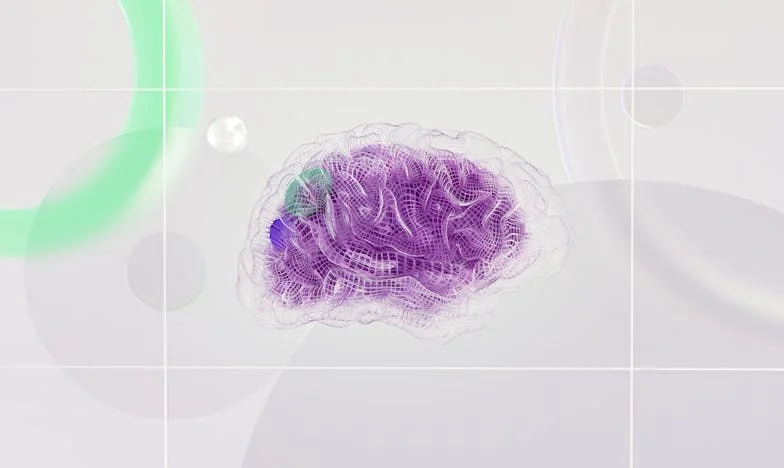Unraveling Deja Vu: A Psychological Perspective
Deja vu, a French term meaning “already seen,” is a phenomenon that most of us have experienced at least once in our lives. It is that peculiar sensation that you have already lived through the present situation, even though you know it is happening for the first time. In this article, we delve into the psychological underpinnings of deja vu, exploring its causes, implications, and the experiences of individuals like Gregory, Michael, Jeffrey, Nora, Kaylee, and Eva.
The Psychological Basis of Deja Vu
Psychologically, deja vu is often considered a glitch in the brain’s memory system. The brain has a complex mechanism for processing new experiences and storing them as memories. Sometimes, a new experience can accidentally activate a memory circuit, leading the person to feel that the moment has occurred before. Researchers believe that deja vu is linked to processes involving the hippocampus and amygdala, which are key regions in the formation of memories and the processing of emotions.
Real-Life Experiences of Deja Vu
Gregory’s Story:
Gregory, a 34-year-old graphic designer, experienced deja vu during a business meeting. As his colleague presented a new project, Gregory was suddenly overwhelmed with the feeling that he had already seen the exact slides and heard the same discussion before. This sensation lasted for about 10 seconds before fading. For Gregory, this experience was both unsettling and fascinating, prompting him to explore how such a vivid sense of familiarity could arise in a completely new context.
Nora’s Encounter:
Nora, a high school teacher, had a deja vu experience while on vacation in a city she had never visited before. As she walked down a specific street, she felt a strong sense that she had been there before, recognizing buildings and smells. This eerie familiarity made her pause and wonder about past lives, although she knew she had never visited that place in her current lifetime.
Theories Explaining Deja Vu
Several theories attempt to explain the occurrence of deja vu. One popular theory suggests that deja vu happens when there is a synchronization delay between the sensory input and its perception. For instance, one eye might see the scene a fraction of a second before the other, or one ear might hear something slightly ahead of the other, causing the brain to interpret the later input as a separate event that has happened before.
Another theory posits that deja vu could be a form of predictive memory, where the brain uses past experiences to predict what will happen next. When the prediction is very close to the actual event, it can feel like the event has already occurred.
Psychological and Emotional Impact
Deja vu is generally a benign and fleeting experience that does not affect one’s mental health. However, frequent and intense episodes of deja vu are sometimes reported in individuals with neurological conditions, such as epilepsy, where it can precede a seizure.
Conclusion
Deja vu remains one of the mind’s most mysterious phenomena. It touches on the complexities of memory, perception, and how our brains interpret reality. For individuals like Michael, Jeffrey, Kaylee, and Eva, experiences of deja vu continue to be sources of intrigue and wonder, prompting both scientific and philosophical inquiries into the nature of memory and experience.
In conclusion, while deja vu may often leave us puzzled, it also highlights the incredible and sometimes inexplicable capabilities of the human brain. As we continue to study this phenomenon, we may come closer to understanding not just why deja vu occurs, but also how our memories shape our perception of reality.
This exploration into the psychological landscape of deja vu not only broadens our understanding of cognitive processes but also connects us more deeply with the mysteries of the human experience.
